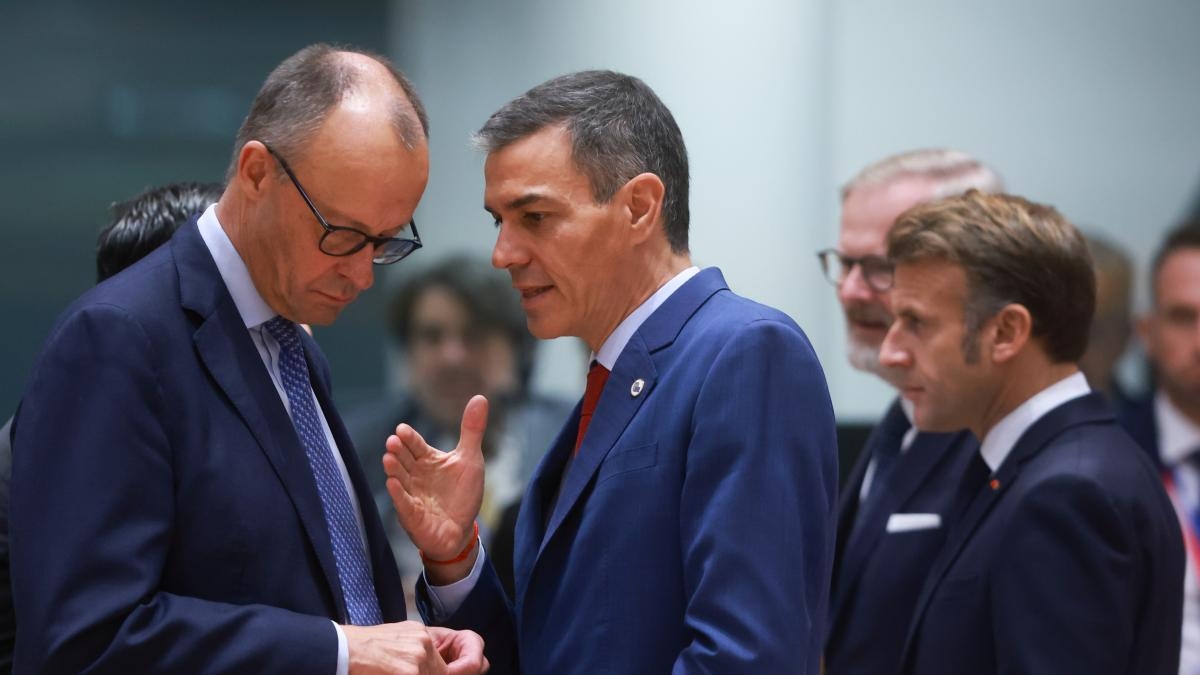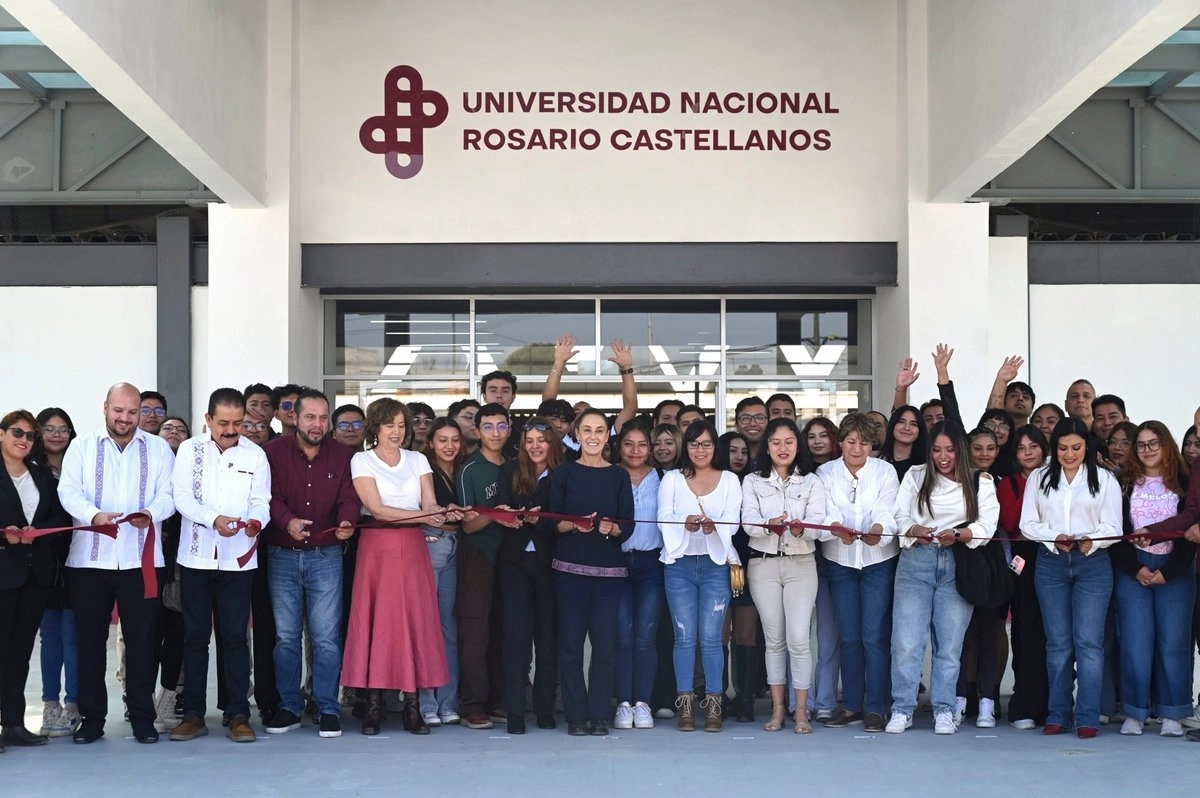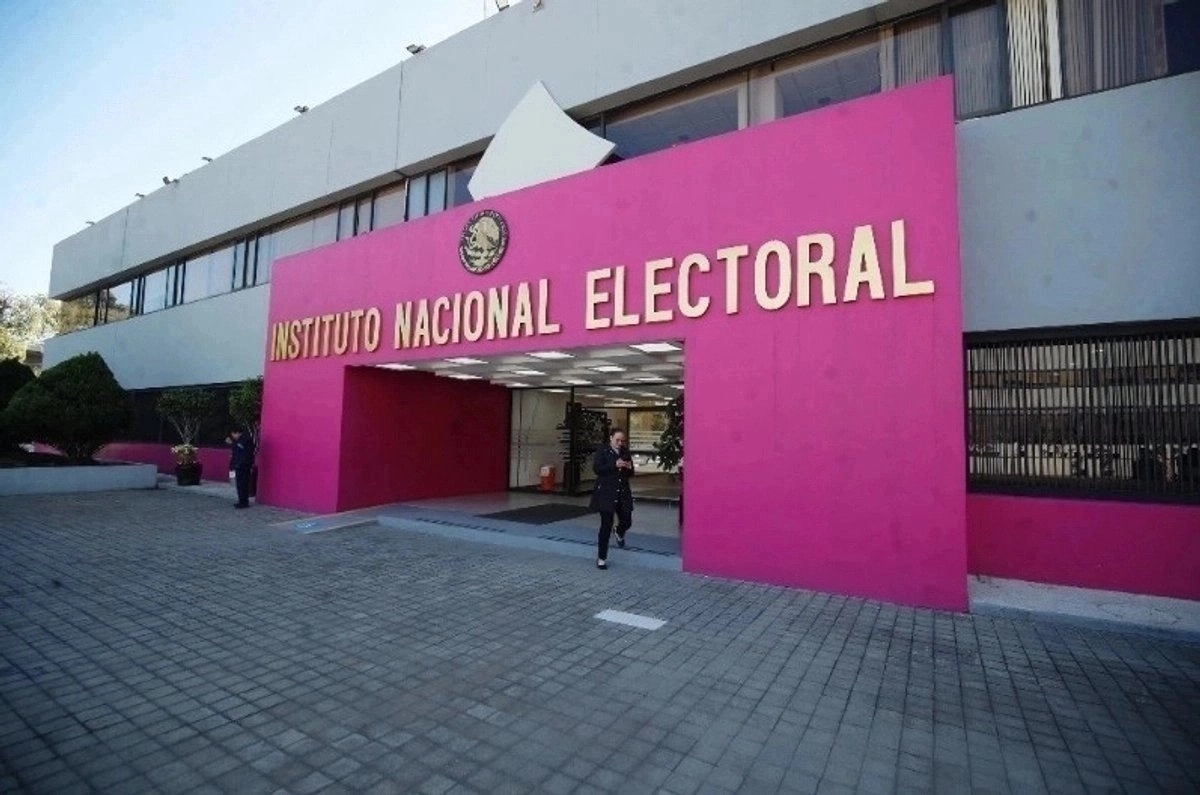What will Puigdemont do with the key?

Will Junts break with the PSOE? Before answering, we need to define what breaking up means in this case. Junts has been negotiating law by law for some time now, and on more than a few votes, it has unabashedly aligned itself with the PP and Vox. It's unlikely to support the Budget, and Pedro Sánchez has already said he will continue regardless. So, what is supposed to break up? A consultation with Junts members that would effectively end the relationship between the two parties would be the death certificate of the majority that gave Sánchez the presidency. It would constitute confirmation that the president no longer has the support of Parliament. He can continue, yes, but we'll hear daily that he's senselessly clinging to power and that the voices calling for elections will be the majority in Congress. All of this is not minor.
To know if Junts will break with the PSOE, we must review what has happened between the two parties recently. Carles Puigdemont has been showing signs of concern for months and already announced that, if he doesn't obtain tangible results, "things will happen in the fall." The recent meetings in Switzerland with José Luis Rodríguez Zapatero have not alleviated this unease. None of Junts' demands (Catalan in Europe, delegating immigration, or implementing the amnesty) have been met, and Puigdemont bases his dialogue with the PSOE on an image of inflexibility in the face of an ERC (Republic of Catalonia), which he always criticized for lukewarmness and subservience. To top it all off, the polls are not good for Junts, which is under siege from the Catalan Alliance. All of this points to a breakup. In recent weeks, the Socialists have asked their interlocutors for patience and promised imminent progress, but have only met with skepticism.
The Government has been working on Catalan with Merz for months with pressure against the PPThe Brussels agreement that allowed Sánchez to be sworn in was ratified by the party members. The rupture, therefore, would come from the grassroots. Puigdemont expressed this to his collaborators some time ago. The former president decided to give the PSOE time until tonight, in case any progress was made. And tomorrow, in the executive branch, he planned to raise the referendum. The Socialists assured him there would be news on Catalan. The coincidence of Sánchez and Chancellor Friedrich Merz at Thursday's European Council could unblock the reluctance of Germany, the main country opposed to the official status of that language—along with Basque and Galician—in the EU. Indeed, at that summit, Sánchez was seen speaking with Merz, and on Friday, both presidents issued a joint statement opening the door to Catalan. For two presidents to issue a joint statement is an unusual gesture. But it wasn't a one-day affair. The government hoped Merz would see that his concession could allow him to count on Spain as an ally in other political battles within the EU. According to sources involved in the negotiations, Sánchez has sought to align himself with Merz in every discussion in Brussels during this time. The chancellor's position has a collateral effect: it's a blow to Alberto Núñez Feijóo. The PP has worked hard to prevent this step. It has used its influence within the EPP, to which Merz belongs. A month ago, Feijóo personally explained to the chancellor that Sánchez was in an "agonizing situation." And people close to Feijóo have insisted to the EPP that Sánchez would fall if he didn't obtain official status for the Catalan. Merz is aware that his gesture could help the Socialist Party retain its position in the Moncloa Palace. The PP was pressuring Germany yesterday to back down.
Let's return to Junts. Puigdemont convened the executive committee after he had already been told that the Catalan issue was imminent. In recent days, two more meetings were held to calm Junts. One on fiscal balances and another on the amnesty. The first served little. Puigdemont's party left very upset. Junts demanded data that would demonstrate that Catalonia suffers a fiscal deficit of between 16 and 20 billion euros, between what it contributes and what it receives from the state. But the Treasury limited it to 10 billion euros. Junts unsuccessfully demanded information about the details of these calculations. Regarding the amnesty, a senior Junts leader received a detailed explanation of the steps and the expected timeline for its implementation. The Constitutional Court plans to rule on the amnesty in cases of embezzlement before March 2026. By then, it hopes the Court of Justice of the EU will have ruled on the matter.
Merz listens to Sánchez's explanations during the European Council.
OLIVIER HOSLET / EFEThe PSOE (Spanish Socialist Workers' Party) has mobilized to the maximum extent possible. It has tried to get Podemos to reconsider its rejection of the delegation of immigration powers to the Generalitat (Catalan Government) and is considering other requests from Junts regarding apartment occupations, repeated offenders, and self-employment. Will that be enough? The decision will be made tomorrow. But on Thursday afternoon, an event occurred that complicates everything when it became known that a possible consultation with the membership was being considered. The Junts leadership was angry about the leak, as not doing so now would seem like a concession to Sánchez and reinforces the image of a party that threatens but doesn't strike. Something similar happened almost a year ago, when Puigdemont demanded a vote of confidence from Sánchez. It took three months to move on.
Puigdemont has held the key to governability in Spain for two years and is convinced he's not making the most of it, while AC accuses him of allowing the Spanish state to take advantage of him. Silvia Orriols's party feeds on the frustration of thousands of pro-independence supporters who rallied around the independence process . Furthermore, AC displays ideological decisiveness while the post-Convergent parties are trying to recover an identity that has floundered in recent years. For this reason, Puigdemont is increasingly convinced that the key to governability in Spain weighs more heavily on him than anything else and is tempted to throw it away. This implies greater irrelevance, since that key is currently the most valuable asset Junts has, but at the same time, he cannot win elections as an ally of Sánchez. We'll see if the rupture comes now or in a few months.
lavanguardia





